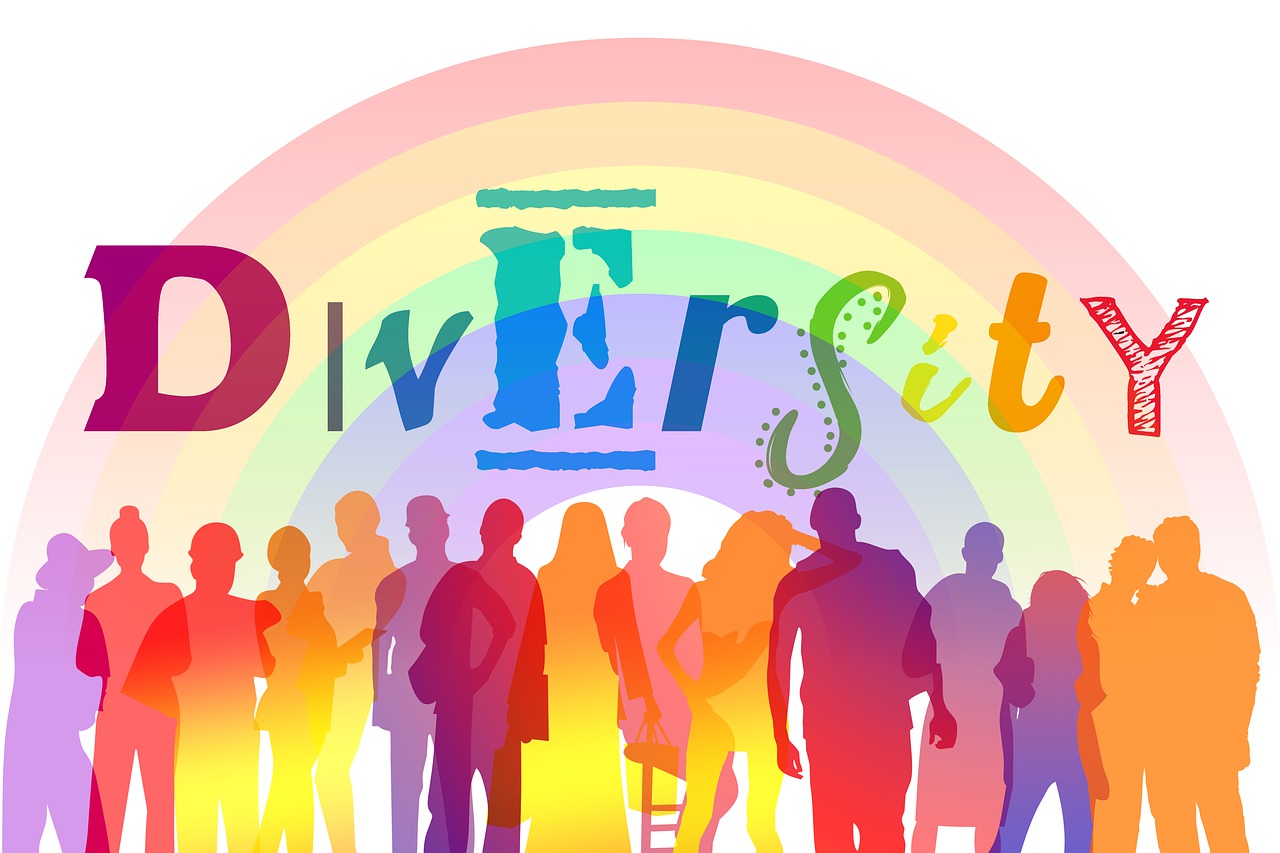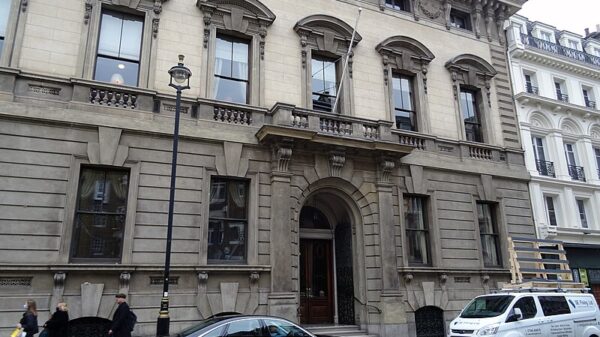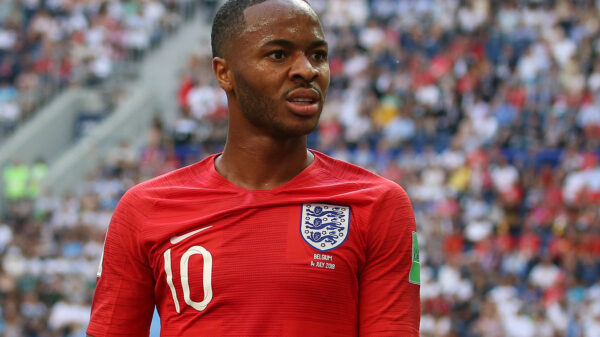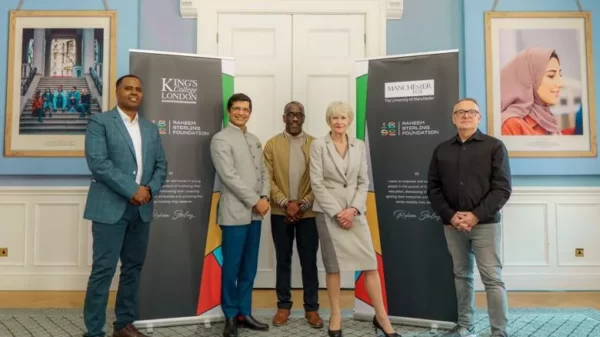Unicast Entertainment Writer Basheer Alsayd on the importance of representation in popular culture and the workplace
The semester is over, you’ve studied hard (or not), your last final was this morning; you’re free, at least until the next semester. To celebrate, you decide to binge-watch that series that came out a few weeks ago. The snacks are ready, you’re comfortable in bed, all set. Five minutes into the first episode, you see a focus on ethnic minorities; it’s one of those shows. Do they really have to shove their agenda down your throat?
The answer is yes! Obviously, this is an oversimplification but the key essence is correct: representation is important.
This is not, or should not be, a political issue. Consumed media should, ideally, represent people from all walks of life as accurately as possible whether they’re liberal or conservative, men or women, religious or not. All these people deserve representation, and unfortunately, there are large demographics that have historically suffered from limited representation. From inaccurate and offensive stereotypes to complete ommitance, representation was nowhere to be found. Thus, creating a need for emphasis on representing these groups that were disenfranchised. This is not a new issue, it’s always been there but it’s finally being talked about now. Every group of people would love to have a form of representation that can portray their culture to other groups of people.
Representation is important because it builds bridges between cultures. As someone who lives in a European country but comes from Africa, I can attest to this. I once had a middle schooler ask me if we had a lot of animals back home, assuming that all Africans would meet lions on their daily commute. I didn’t interact with animals any more than someone in a western country would. The kid was well-intentioned and just curious rather than prejudiced, however, due to the lack of representation, minorities often have to explain themselves in this way. Oftentimes having to respond to ridiculous statements like “you can’t be African, you’re not black!”. This often leads people to make preposterous assumptions, sewing division within society.
Representation has proved to be very effective in increasing tolerance and acceptance of the represented group. In European democracies, for example, having female members of Parliament has had a positive influence on people’s perception of women in politics according to research from 2012. Furthermore, good media representation gives younger generations idols and heroes they could look up to. Having role models should not be exclusive to one group, everyone needs their heroes. While there are a lot of crossovers, in the sense that there are “universal†idols that people from all backgrounds can look up to, they often represent the dominant demographic in society. That is to be expected, and perfectly acceptable but this is all the more reason for why we need more representation.
This should not only apply to works of fiction, of course. We need to have more representation in professional, academic, corporate and all other settings. Not only will this help do away with negative stereotypes, but it would also lead to more improvement across all industries and settings. There is not a single industry where having a more diverse working group would be a setback. More diversity in the workplace simply is the pooling together of different perspectives and experiences to come up with better solutions. The cultural differences between people would lead to the exchange of a wider range of ideas than if the workplace was only limited to one background.
There have been many efforts to increase diversity across many industries, from affirmative action at American universities to global corporations seeking people of colour to include in the decision-making process. However, underrepresentation and marginalisation persists. Jennifer Tardy, CEO of JTC LLC and an influential advocate for more diversity in the workplace, believes that if people do not see themselves represented in an industry, then they are less likely to pursue a career within said industry even if they have an interest. In an interview with Unicast Entertainment, Ms. Tardy affirms that a lack of representation only leads to more of the same. To increase workplace diversity, Ms. Tardy reminds business owners and managers that the hiring process is very reliant on referrals, therefore if hiring managers were looking to increase diversity within the workplace, they must first make sure that their own networks are diverse.
See Jennifer Tardy’s full interview with Unicast Entertainment here.
















